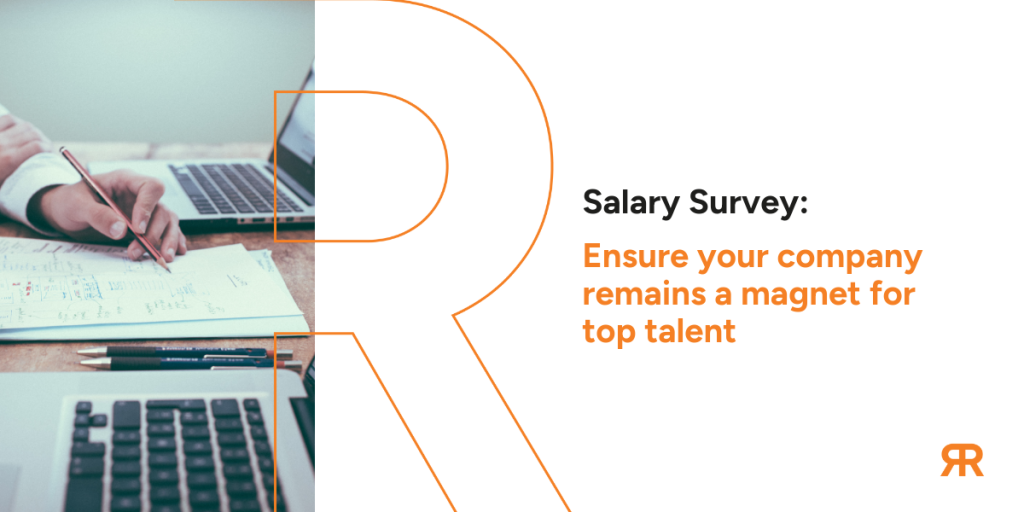
EQ > IQ. Agree?
I recently saw a great #emotionalintelligence post on LinkedIn by Daniel Abrahams that got me thinking. It…
I recently saw a great #emotionalintelligence post on LinkedIn by Daniel Abrahams that got me thinking. It was, simply:
A high IQ will get you through school.
A high EQ will get you through life.
Emotional intelligence (EI) is most easily defined as the ability to identify and regulate one’s emotions and understand the emotions of others. In a professional situation, a high EQ (emotional quotient) helps you build relationships, reduce team stress, defuse conflict, and improve job satisfaction Why emotional intelligence makes you more successful – latrobe.edu.au. So having high emotional intelligence can increase team productivity and staff retention, which is why Resourceful Pro seek to find individuals with a high EQ.
Resourceful Pro invests heavily in understanding an individual’s skills, including EQ. All shortlisted candidates are assessed against a suite of behavioural competencies. This behavioural assessment is a structured, scenario-based interview assessment designed to measure key competencies agreed to with the organisations we partner with during the briefing.
We test executive’s behavioural competencies in areas such as:
- Agility
- Analysis & Decision Making
- Appreciates Difference
- Builds Common Vision
- Change Management
- Conflict Management
- Customer Focussed
- Energise, Motivate & Engage
- Intrapreneurship
- Lead, Don’t Do
- Maximises Opportunities
- Motivates & Coaches
- Relationship Building
- Resilience
- Results Driven
- Self-Awareness
These competencies, developed in conjunction with organisational psychologists, explore cognitive (of, relating to, being, or involving conscious intellectual activity, such as thinking, reasoning, or remembering) and non-cognitive (not connected with thinking or conscious mental processes) skills. They round out our analysis of a potential employees’ profile to ensure organisations make the right hire. Gone are the days of examining an executive’s technical and functional fit only. To secure the right individual for an important hire, a deep dive into their EQ is vital.
More than twenty-five years ago, Daniel Goleman published his number one, multi-million copy international bestseller, “Emotional Intelligence”, describing how EI matters more than IQ. Harvard Business Review considered this “a revolutionary, paradigm-shattering idea”. Goleman discusses how our EI plays a critical role in thought, decision-making and individual success. To excel in the workplace, individuals need to display self-awareness, impulse control, persistence, motivation, empathy, and social deftness.
“By teaching people to tune in to their emotions with intelligence and to expand their circles of caring, we can transform organizations from the inside out and make a positive difference in our world”. https://www.danielgoleman.info/
Since its initial publication, our understanding of the brain architecture underlying emotion and rationality has evolved, and we now know how EI can be nurtured and strengthened thanks to things like neuroplasticity. Neuroplasticity refers to how the brain can change and is therefore adaptable because of experience. This can be functional change such as brain damage, or structural change due to learning. In addition, neuroplasticity enables the brain to reorganise pathways, create new connections and in some cases create new neurons.
In 2020, Goleman published an article in HBR titled “What People (Still) Get Wrong About Emotional Intelligence”. In his summary, he states:
“Many people assume that having emotional intelligence means being “nice.” But this perception obscures some fundamental benefits to developing one’s EI. For example, simply saying someone is nice can belie the fact that they’re only nice to some people and not others. Or, if you think that being nice simply means being a pushover, you might not take advantage of the EI framework’s capacity to teach you about productive conflict management. You might also fail to consider or check the dark side of your own EI — an ability to influence or manipulate someone without their interests in mind. By understanding how EI actually works, you can have powerful, productive conversations that build up your ability to influence and lead across all your relationships.” https://hbr.org/2020/12/what-people-still-get-wrong-about-emotional-intelligence
In the La Trobe article, drawing on the work of Goleman, they identify five pillars of EI:
- Self-awareness: This allows us to check-in with ourselves and understand why we may be feeling a certain way; by labelling the emotion and getting to the root cause you can address the issue appropriately.
- Self-management: This allows you to regulate your emotions by drawing on your self-awareness, and to be able to control your emotions instead of them controlling you.
- Motivation: How you respond to setbacks and obstacles is how you are motivated to push forward; low motivation means you tend to be risk-averse and not a problem-solver; you may express this by reacting negatively to projects or goals and therefore impact the team; conversely, if you are motivated by doing work you are proud of and achievement you tend to ask for feedback, push forward and look for ways to continuously improve, thus making a positive impact on the team.
- Empathy: This allows us to connect emotionally and consider others points of view, their feelings and concerns; it will make you a more effective communicator when it comes to dealing with stakeholders or customers; you foresee other’s needs and reactions; you are able to leverage the perspectives and strengths of others, thus impacting team harmony.
- Relationship management: With strong relationship management skills comes the ability to build genuine rapport, mutual trust and respect; you tend to guide, inspire and develop your team, thus increasing performance and productivity.
However, as Goleman points out, apart from empathy, none of the above relate to being “nice”.
Therefore, it’s important to remember the nuances of things like empathy. Depending on the different parts of the brain there is the cognitive – I know how you think; the emotional – I know how you feel; and the empathetic concern – I care about you.
If we think back to the concept of neuroplasticity, the nervous system can change its activity as a response to intrinsic or extrinsic stimuli by reorganising its structure, functions, or its connection. The benefits of this change of activity include:
- The ability to learn new things
- The ability to enhance existing cognitive capabilities
- Recovery from strokes and traumatic brain injuries
- Strengthening areas where function is lost or has declined
- Improvement that can boost brain fitness
https://www.verywellmind.com/what-is-brain-plasticity-2794886
To learn more about how Resourceful Pro could assist you with your executive search, talent solutions, or stand-alone behavioural competency or capability assessments of your leadership team, please contact us. Our talent assessment methodology is also designed to identify high potential individuals for future leadership opportunities.
Related Blogs
Salary Survey: Ensure your company remains a magnet for top talent
In today’s dynamic business landscape, staying competitive in the job market is essential. It is imperative to ensure that your employees are not only fairly compensated but also that your…
The Pro IQ Interview Series: Critical Minerals Association Australia, Namali Mackay
Our latest feature in the Pro IQ Interview Series is a conversation with one of the Founders and Managing Director of the Critical Minerals Association Australia, Namali Mackay. Here she describes…
Unleashing Potential: The Significance of Assessing Candidates’ Behavioural Competencies
In today’s fiercely competitive job market, executive search consultants face the challenging task of identifying individuals who not only possess the right skills and qualifications but also demonstrate the essential…
Who are your most irreplaceable employees?
Who are your most irreplaceable employees? – the Importance of Organisational Network Analysis In today’s fast-paced business world, retaining key employees is a top priority for organisations. But, while…




